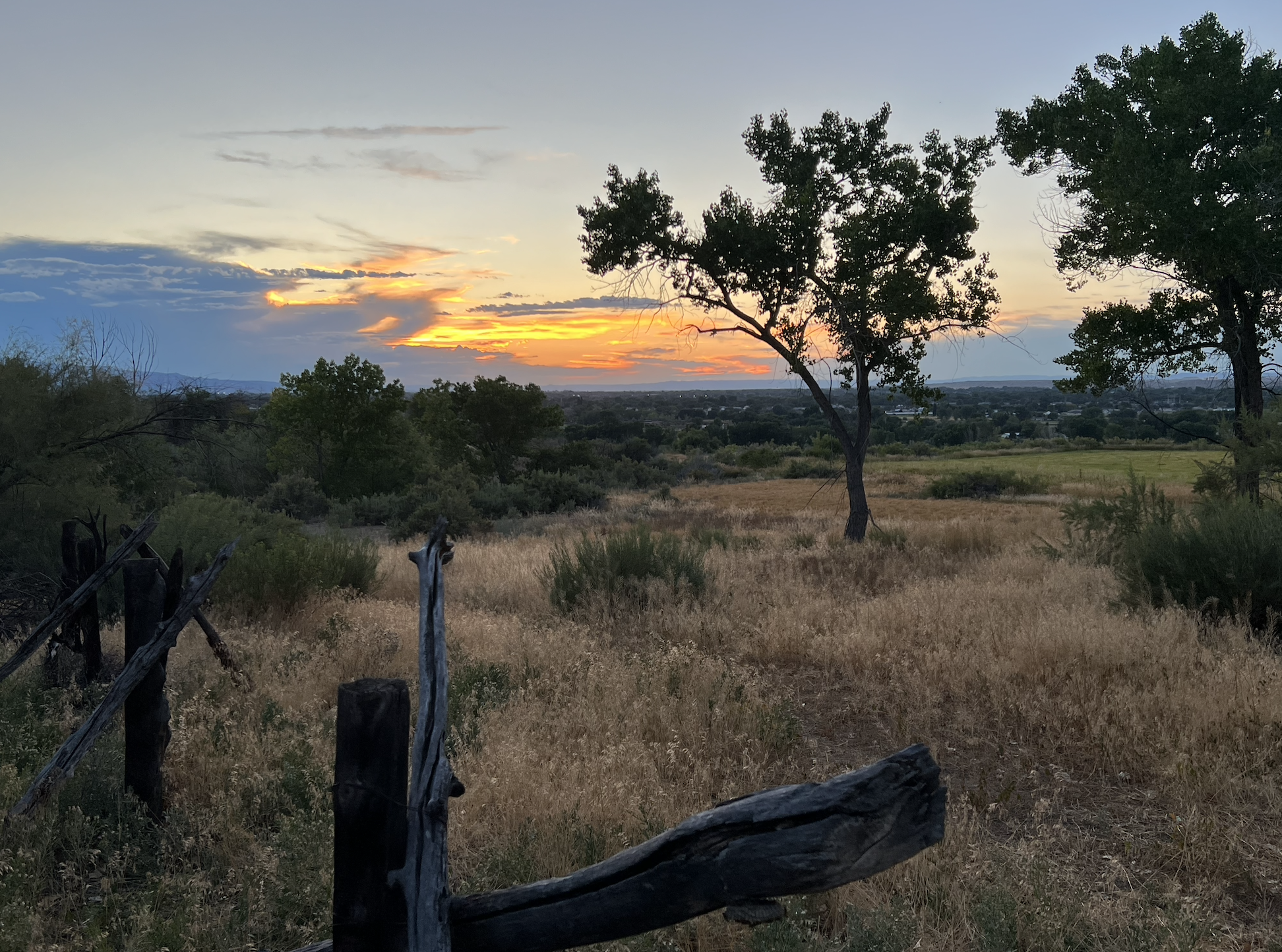When I was in graduate school in the early 90s, I remember a reference point to a management strategy — Management by Wandering Around. It immediately caught my attention. Wander. Follow curiosity. Get to know people. Explore the system. Cool, right. I don’t remember if all of that was in the official description that I read, but that’s where my brain went with it!
The last two days for me have included a lot of wandering. A friend and colleague that I trust and love, Glen Lauder, is staying with me for a few days. Glen lives in New Zealand, and has been the central point of the two trips I’ve been able to take to New Zealand in 2009 and 2010. He’s on a return from some engagements in Boston, headed back to New Zealand.
Glen gets the value of wandering. When he arrived two days ago, we were both quite clear as we said our first hellos to each other and drove 40 minutes from the Salt Lake City airport to my home. We could do some work. We are in fact planning workshops together. We’ll get to that. But for these days, our only job is to wander together. It means take walks with my dog Shadow. It means prepare and eat simple foods together. It means meet my kids and get to know each other. It means play some games. It means take some naps.
It sounds like holidays, doesn’t it. It is. But here’s the kicker. In the wandering, particularly conversationally, and in the ample spaciousness, we get to share what is holding our respective attention. We get to wonder. We get to ask questions. We get to just be authentic together. And in that authenticity, is a geiser of movement, projections from inner perception brought forth to outer worlds of potential tangibility.
There is something freeing in me to say, “it’s our job.” There is a work ethic in me and the people I come from that values having a job. Sometimes to a fault of constant doing and planning. Reframing “wandering” to our job, is both productive and delightful.
I realize as I write this today that a part of me doesn’t want to make wandering utilitarian. Wandering just to wander, without languaging it to a greater use is important too. It’s worth noting for now — oh yah, doing it again.
Now it’s time to move to the wandering of making a smoothie and enjoying more friendship.
